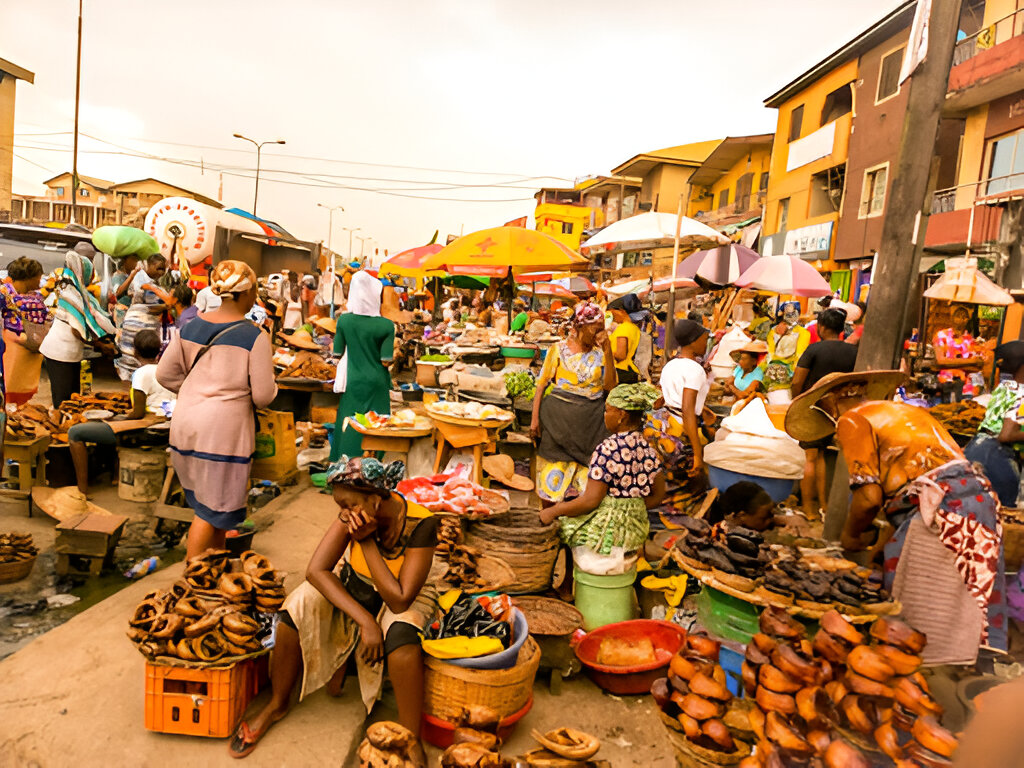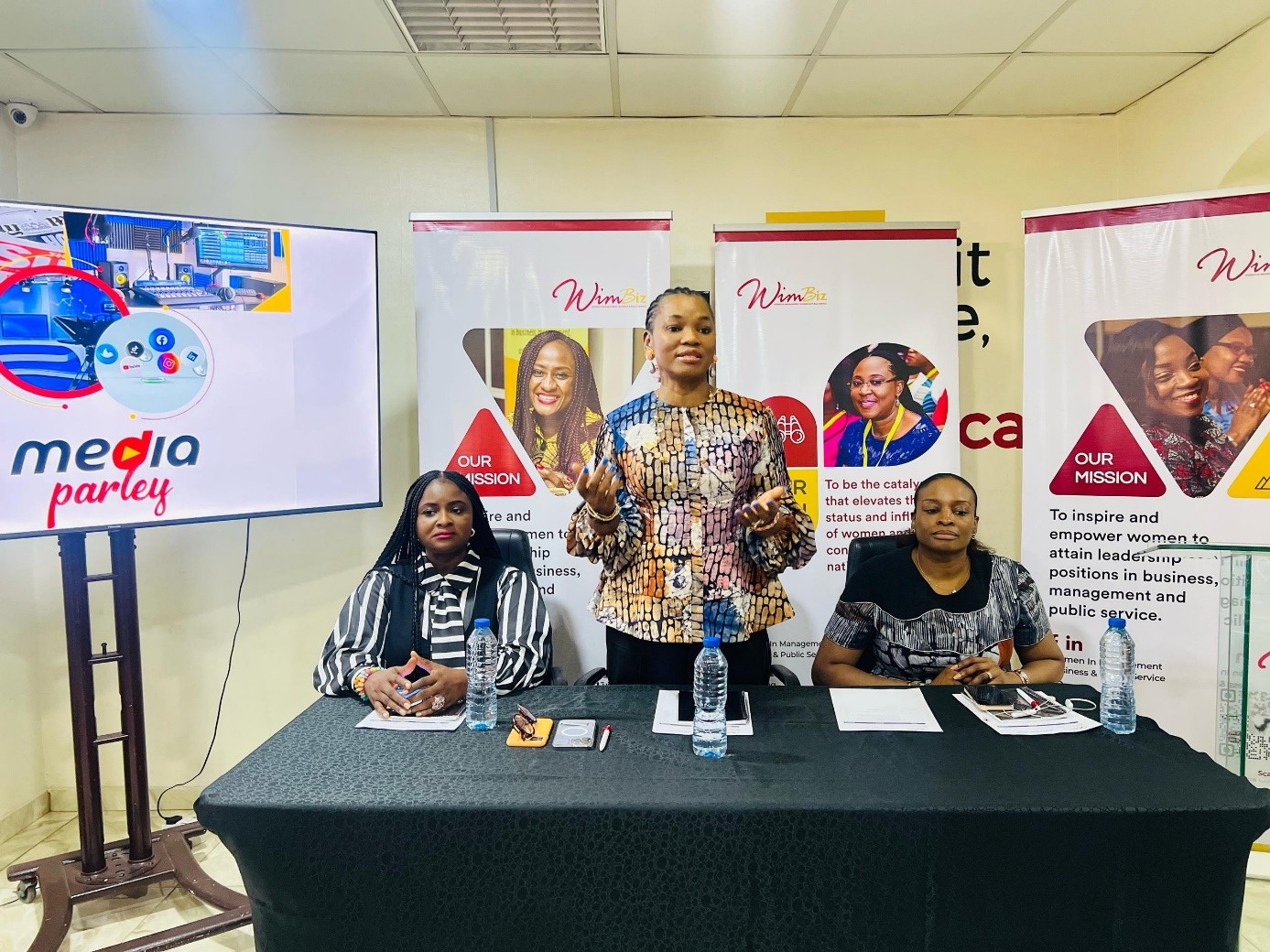The ongoing dispute between Kam Industries Nigeria Limited and Ecobank Nigeria Plc over an alleged $9.5 million foreign exchange facility has raised important questions about how indigenous businesses navigate financial institutions in Nigeria’s volatile FX landscape, writes Wale Igbintade
The legal face-off between Kam Industries Nigeria Limited and Ecobank Nigeria Plc has deepened, with both parties locked in a heated dispute over a $9.5 million foreign exchange (FX) transaction.
At the core of the controversy lies a disagreement over the nature of the FX facility, the obligations of the parties involved, and the application of legal procedures, which Kam Industries claims are deeply flawed and prejudicial.
Ecobank alleged that Kam Industries accessed a $9.5 million FX facility and failed to repay the debt, prompting the bank to seek legal remedies, including the freezing of the company’s accounts and assets.
However, Kam Industries, a prominent indigenous steel manufacturing conglomerate, asserted that the bank’s position misrepresents the facts, and the legal actions taken are both unwarranted and unlawful.
According to Kam Industries, the transaction in question stemmed from foreign exchange forward contracts and a letter of credit issued for the importation of raw materials vital to the company’s operations. Under this arrangement, Ecobank facilitated the remittance of funds to the Central Bank of Nigeria (CBN), which was expected to deliver the equivalent FX within a 60-day contractual period.
Represented by its legal counsel, Mr. Yakub Dauda, Kam Industries insisted that the firm never received the foreign exchange from the CBN. Therefore, it argues, any claim that the company defaulted on a repayment obligation is fundamentally flawed.
“The funds were paid to the CBN by Ecobank on behalf of Kam Industries under a forward contract,” Mr. Dauda explained. “The FX was not delivered by the CBN as agreed. The legal and financial responsibility lies with the CBN, not Kam Industries.”
Despite this, Ecobank issued a formal demand letter in 2024, giving Kam Industries a seven-day ultimatum to repay the sum or face legal consequences.
Kam Industries responded by highlighting the intricacies of the transaction and urged Ecobank to seek recourse with the CBN.
Nevertheless, Ecobank escalated the matter. Acting through its senior counsel, Mr. Kemi Balogun, SAN, the bank secured an ex parte Mareva injunction from the Federal High Court in September 2024, effectively freezing the assets and bank accounts of Kam Industries, its affiliate Kam Steel Integrated Company Limited, and its Chairman, Dr. Kamoru Yusuf.
Kam Industries has fiercely contested the injunction, raising multiple red flags over the legality and procedural soundness of the court’s involvement.
A central pillar of Kam Industries’ argument is that the Federal High Court lacks jurisdiction to adjudicate the matter. The firm maintained that the parties involved—being private entities – fall under the jurisdiction of the State High Court unless the matter directly involves a federal agency, such as the CBN.
Moreover, Kam Industries maintained that, though the Mareva order was issued in September 2024, the company was not served the order until March 18, 2025—over six months later. It stated that, according to legal tradition, Mareva injunctions are emergency measures designed to prevent immediate asset dissipation. The delay in service undermines this rationale and renders the injunction questionable.
The firm also alleged that a designated court bailiff or official did not serve the injunction as required by law. Instead, the bank’s legal representatives purportedly took it upon themselves to circulate the order to 25 commercial banks along with a covering letter containing threatening language and legal interpretations. Kam Industries described this conduct as unethical, contrary to established court protocols, and potentially contemptuous.
In a detailed response, Kam Industries clarified that satisfying the Ecobank demand through alternative FX sources would expose the company to serious regulatory breaches. The company contends that if it were to source fresh FX to repay the facility while the CBN eventually delivers the original contracted sum, it would constitute “round-tripping”—a violation of CBN’s FX regulations.
“This is a matter of public interest and regulatory integrity,” a source close to Kam Industries said. “Complying with the bank’s demand under these circumstances would not only be unjust but also illegal.”
The firm also pointed out that garnishee orders, which allow for the seizure of funds to settle debts, are typically issued only after a judgment has been secured. In this case, Kam Industries argues that there is no court judgment, and therefore, no legal basis for asset freezes or other enforcement actions.
Ecobank, however, remains adamant that Kam Industries owes the money. The bank insists that the company received and benefitted from a foreign currency line for importation purposes and has failed to fulfill its repayment obligation.
In its legal filings, the bank stated that the facilities have become due and unpaid and that the defendants have shown “deliberate refusal, neglect, and failure” to liquidate the indebtedness. It further accused Kam Industries of attempting to transfer or conceal its assets to frustrate the bank’s recovery efforts.
“The defendants’ assets are at risk of dissipation unless the court intervenes,” Ecobank stated. “There is an urgent need to preserve the status quo pending the court’s decision.”
As the matter continues to unfold in court, legal experts and industry stakeholders have raised concerns about the wider implications of the dispute. Many argue that high-handed enforcement measures, particularly against indigenous companies critical to Nigeria’s industrial ecosystem, may have a chilling effect on business operations and investment.
“This case is a test of how we balance creditor rights with procedural fairness and economic impact,” said a senior commercial lawyer in Lagos.
“Kam Industries is not just a debtor—it’s a cornerstone of the local manufacturing sector. Allegations should not be enough to paralyse its operations without due process.”
Others echo the sentiment, pointing out that legal missteps in high-profile cases can erode investor confidence and destabilise the fragile industrial sector, especially when FX scarcity and regulatory bottlenecks already pose significant challenges.
The Kam Industries–Ecobank dispute offers a rare window into the complexities of FX transactions, commercial banking, and judicial processes in Nigeria. It brings to light the importance of regulatory clarity, procedural integrity, and the role of the courts in maintaining a fair and balanced business environment.
As the case proceeds, all eyes remain on the decision of the court which may determine the future of FX-based lending, corporate accountability, and the extent to which procedural fairness protects both lenders and businesses in Nigeria’s dynamic economic landscape.



